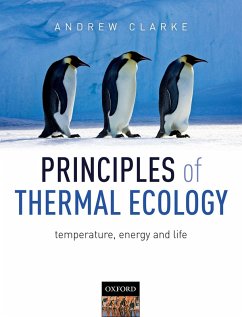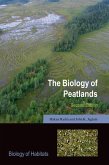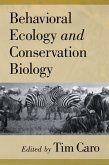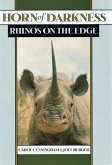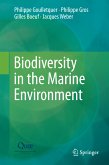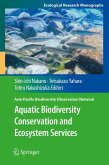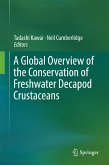Temperature affects everything. It influences all aspects of the physical environment and governs any process that involves a flow of energy, setting boundaries on what an organism can or cannot do. This novel textbook reveals the key principles behind the complex relationship between organisms and temperature, namely the science of thermal ecology. It starts by providing a rigorous framework for understanding the flow of energy in and out of the organism, before describing the influence of temperature on what organisms can do and how fast they can do it. With these fundamental principles covered, the bulk of the book explores thermal ecology itself, incorporating the important extra dimension of interactions with other organisms. An entire chapter is devoted to the crucially important subject of how organisms are responding to climate change. Indeed, the threat of rapid climatic change on a global scale is a stark reminder of the challenges that remain for evolutionary thermal biologists, and adds a sense of urgency to this book's mission.
Dieser Download kann aus rechtlichen Gründen nur mit Rechnungsadresse in A, B, BG, CY, CZ, D, DK, EW, E, FIN, F, GR, HR, H, IRL, I, LT, L, LR, M, NL, PL, P, R, S, SLO, SK ausgeliefert werden.

